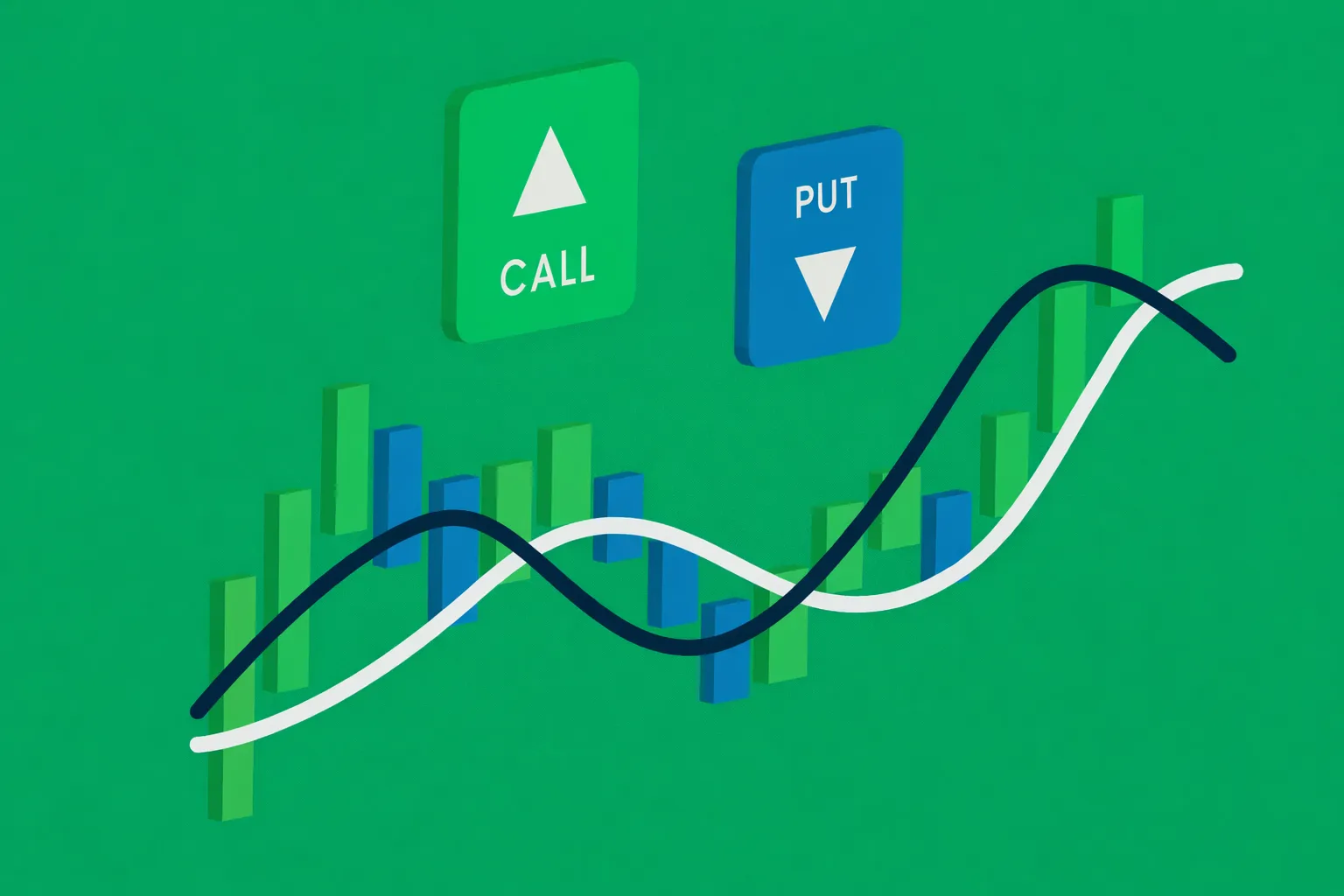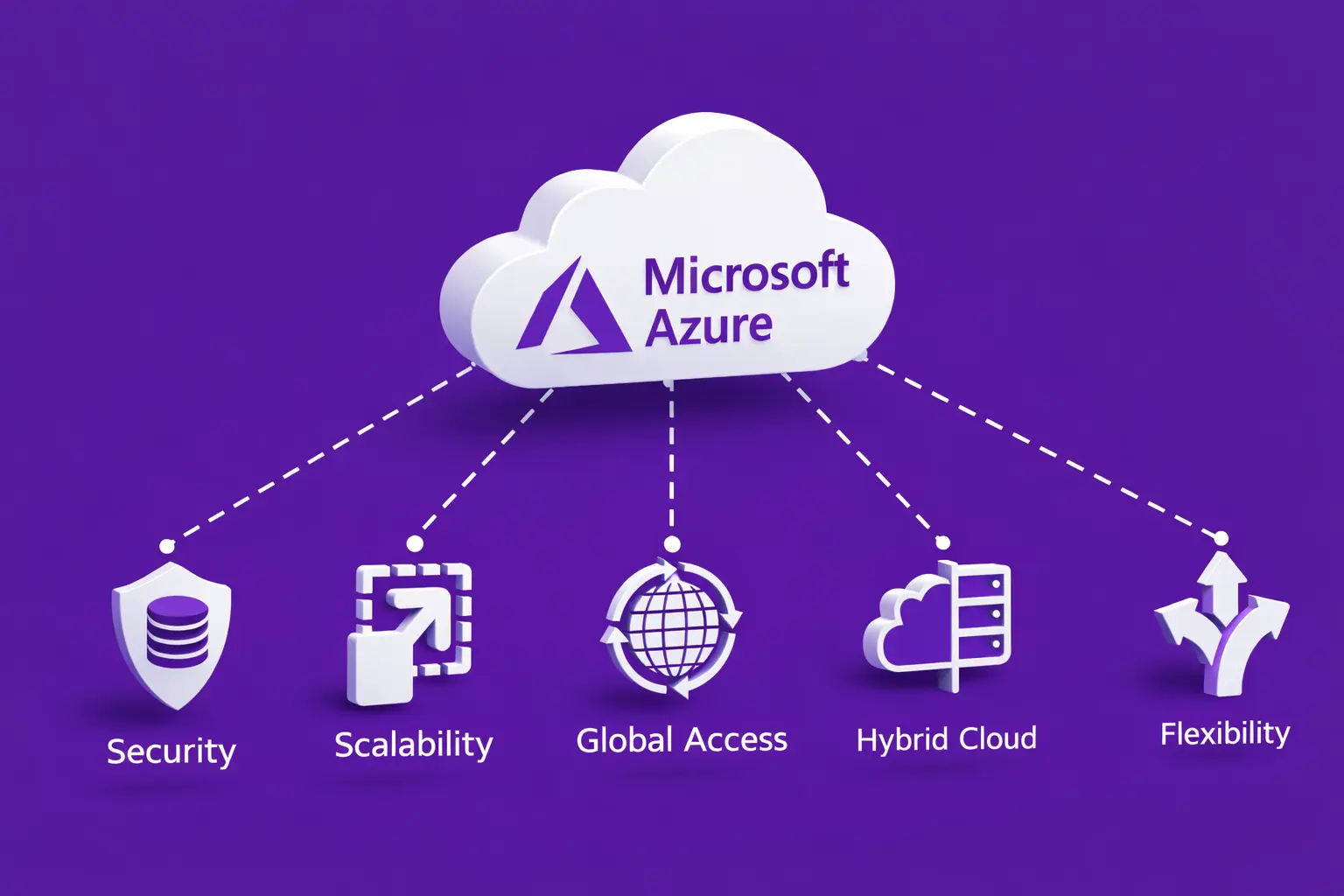Decentralized Exchanges (DEXs) have become a groundbreaking force, providing traders with a decentralized alternative to traditional exchanges. A key feature of DEX trading is the ability to place various types of orders, including market orders. Market orders are particularly favored for their efficiency and ease of use. This article explores why market orders have gained popularity in DEX trading, examining their impact on order execution, trade fulfillment, and the overall trading experience.
What Is a Market Order in a DEX?
A market order on a Decentralized Exchange (DEX) is a command to buy or sell a cryptocurrency immediately at the best available price. Unlike limit orders, which set a specific price and wait until the market hits that price, market orders execute as quickly as possible at the current market rate. On a DEX, trading occurs directly between users through Smart Contracts Development and liquidity pools, not a centralized order book. While traditional exchanges rely heavily on centralized books, the concept of a DEX Order Book is evolving to provide more transparency and efficiency in decentralized trading. When a market order is placed, it interacts with the liquidity pool to fulfill the trade. This ensures prompt execution, although the exact price may vary due to slippage. Market orders are valued for their speed and simplicity, making them ideal for traders who prioritize immediate execution over price precision.
How Does a Market Order Work in a DEX Protocol?
In a DEX protocol, a market order instructs the system to execute a trade immediately at the best available price from the liquidity pool. Unlike traditional exchanges with centralized order books, DEXs utilize Automated Market Makers (AMMs) or similar mechanisms. When a market order is placed, the DEX smart contract matches it with available liquidity in the pool. The protocol calculates the current price based on the pool’s reserves and executes the trade accordingly. This process ensures quick fulfillment, though the exact price may vary slightly due to market fluctuations, a phenomenon known as slippage. The DEX protocol adjusts token quantities and prices within the liquidity pool to complete the trade efficiently.
Why Are Market Orders Popular in DEX Trading?
Market orders are popular in Decentralized Exchange (DEX) Trading for several reasons, each contributing to their widespread use among traders seeking efficiency and immediacy. Here’s why market orders have gained traction in DEX trading:
-
Immediate Execution
One of the primary reasons market orders are popular is their ability to execute trades instantly. When a trader places a market order on a DEX, the system fulfills the trade at the best available price without delay. This immediacy is crucial in the volatile cryptocurrency market, where prices can change rapidly. Traders who need to capitalize on swift market movements or react to sudden news often prefer market orders for their speed and efficiency.
-
Simplicity and Ease of Use
Market orders are straightforward and easy to understand. Traders simply specify the amount of cryptocurrency they want to buy or sell, and the order is executed at the current market price. This simplicity makes market orders accessible to both novice and experienced traders. Unlike limit orders, which require setting a specific price and managing order adjustments, market orders eliminate the need for complex decision-making, making them a preferred choice for many.
-
Liquidity Provision
In the context of DEXs, market orders play a vital role in providing liquidity. DEXs operate using liquidity pools rather than traditional order books. When traders place market orders, they interact directly with these liquidity pools, contributing to the overall liquidity of the trading pair. Higher liquidity is beneficial for all traders on the platform, as it helps to maintain smoother and more efficient trading conditions, reducing price slippage and improving execution quality.
-
Reduced Risk of Order Non-Execution
Market orders are less likely to remain unexecuted compared to limit orders, which can be left open if the market price does not reach the specified limit. In fast-moving or highly volatile markets, limit orders might never get filled if the price moves away from the desired level. Market orders, on the other hand, ensure that trades are completed at the best available price, minimizing the risk of non-execution and ensuring that trades are processed promptly.
-
Arbitrage Opportunities
Market orders are essential for arbitrage trading, where traders exploit price discrepancies between different exchanges or trading pairs. By using market orders, traders can quickly buy or sell assets to take advantage of price differences before they disappear. The speed of execution provided by market orders is crucial in these strategies, allowing traders to capitalize on short-lived arbitrage opportunities.
-
Portfolio Rebalancing
Investors frequently use market orders for portfolio rebalancing. When adjusting their holdings in response to market conditions or changing investment goals, traders often need to act quickly to ensure their portfolios align with their strategies. Market orders facilitate rapid execution, helping investors adjust their positions efficiently without waiting for specific price levels.
-
Enhanced Trading Strategy Execution
For certain trading strategies, such as those focusing on quick entries and exits or responding to real-time events, market orders are particularly effective. Strategies that rely on immediate market access benefit from the prompt execution of market orders, allowing traders to implement their tactics without delays or complications.
Why Should You Use a Market Order on a DEX?
You should use a market order on a Decentralized Exchange (DEX) when you need to execute a trade swiftly and are less concerned about the exact price at which the trade is executed. Market orders are ideal in situations where immediate execution is crucial, such as during periods of high market volatility, when rapid changes in asset prices require quick action to secure a trade before prices shift further.
They are also suitable for scenarios where liquidity is ample, ensuring that the trade can be completed with minimal slippage. Additionally, Blockchain Technology market orders are beneficial for traders looking to quickly enter or exit a position, rebalance their portfolio, or capitalize on arbitrage opportunities between different trading pairs or exchanges.
Using a DEX Social Trading Bot can further enhance trading efficiency, allowing users to automate market orders and execute trades seamlessly. By opting for a market order, you prioritize speed and certainty of execution over price precision, making it a strategic choice when immediate results are more critical than negotiating a specific price.
How Do Market Orders Affect Your Trading on DEX Platforms?
Market orders significantly impact trading on DEX Platforms in various ways:
-
Immediate Trade Execution
Market orders ensure that trades are executed as soon as they are placed, matching the order with the best available price from the liquidity pool. This immediacy is particularly beneficial in fast-moving markets where prices can change rapidly. By using market orders, you can swiftly enter or exit positions, which is crucial for strategies that rely on timely execution, such as day trading or reacting to news events.
-
Impact on Liquidity and Slippage
On DEX platforms, liquidity pools provide the necessary liquidity for market orders. When you place a market order, it draws from the liquidity available in the pool. If the pool is deep and liquid, the trade will generally execute with minimal slippage, meaning the executed price will be close to the expected price. However, in markets with lower liquidity, market orders can lead to higher slippage, where the execution price deviates from the anticipated price due to insufficient liquidity or the size of the trade impacting the pool’s balance
-
Price Volatility and Execution
Market orders do not guarantee the exact price at which the trade will be executed. The execution price is determined by the current state of the liquidity pool, which can vary from the price expected at the moment of order placement. This can result in slippage, especially in highly volatile markets where prices can change rapidly. While market orders prioritize speed, they also expose traders to potential price deviations from the expected price.
-
Simplified Trading Process
Market orders simplify the trading process by eliminating the need to set a specific price level. Traders only need to specify the amount of the asset they wish to buy or sell, and the order is executed at the best available price. This ease of use is beneficial for traders who prefer a straightforward approach or who are less concerned with achieving a precise price. It reduces the complexity associated with managing limit orders and adjusting price target
-
Liquidity Provision and Pool Interaction
Market orders play a crucial role in maintaining liquidity on DEX platforms. When traders use market orders, they interact directly with liquidity pools, contributing to the overall liquidity of the trading pair. This interaction helps to keep the market liquid and efficient, as it ensures that there are always available assets for trading. In turn, increased liquidity can benefit all traders by reducing price impact and slippage.
-
Risk Management
For traders focusing on risk management, market orders provide a mechanism for quickly executing trades to limit potential losses or lock in profits. If the market moves unfavorably or if a stop-loss strategy is in place, market orders enable prompt execution to mitigate adverse effects. The ability to react swiftly to changing market conditions helps in managing risk and protecting investments.
-
Arbitrage Opportunities
Market orders are essential for arbitrage trading strategies, where traders exploit price discrepancies between different exchanges or trading pairs. To capitalize on these opportunities, traders need to execute trades quickly to capture price differences before they vanish. Market orders facilitate this rapid execution, allowing traders to take advantage of short-lived arbitrage opportunities and optimize their trading strategies.
-
Execution Certainty
One of the key advantages of market orders is the certainty of execution. Unlike limit orders, which may remain unfulfilled if the market price does not reach the specified limit, market orders are guaranteed to be executed at the best available price. This certainty is valuable for traders who need to ensure that their trades are completed promptly without the risk of non-execution.
-
Influence on Market Dynamics
The use of market orders can influence the dynamics of the market, particularly in terms of liquidity and price stability. Large market orders can impact the liquidity pool’s balance and cause temporary price changes, which can affect subsequent trades. Traders should be aware of the potential impact of their market orders on the market and consider factors such as trade size and liquidity when placing orders.
-
Trading Strategies
Market orders are aligned with various trading strategies that require immediate execution. Whether engaging in scalping, trend following, or other strategies that rely on rapid trade execution, market orders support these approaches by providing quick and efficient trade fulfillment. Traders incorporating market orders into their strategies benefit from the speed and simplicity that these orders offer.
Why Choose a Market Order for DEX Trading?
Choosing a market order for DEX Trading is often driven by the need for immediate execution and simplicity. Market orders are designed to complete trades as quickly as possible by executing at the best available price in the liquidity pool, which is crucial in fast-moving and volatile markets where delays can lead to missed opportunities or unfavorable price changes. This immediacy is particularly advantageous for traders who need to react swiftly to market conditions, news events, or fluctuations in asset prices. Additionally, market orders simplify the trading process by eliminating the need to set a specific price, making them accessible and easy to use for both novice and experienced traders. They also ensure trade execution without the risk of the order remaining unfulfilled, which can occur with limit orders if the market price does not reach the specified level. By prioritizing speed and execution certainty, market orders provide a streamlined and efficient way to engage in trading on decentralized exchanges, supporting strategies that depend on quick and decisive actions.
How Can You Avoid Mistakes with Market Orders on a DEX?
To avoid mistakes with market orders on a DEX, it’s crucial to carefully manage your trading approach and understand the dynamics of the platform. First, ensure you are trading on a platform with adequate liquidity to minimize slippage, which can occur when executing large orders or trading in thinly traded markets. Be mindful of the current market conditions and price volatility, as market orders can execute at prices significantly different from what you expect, especially in highly volatile or low-liquidity environments. Understanding the technical aspects of Order Book DEX Development can also provide better insight into how trades are matched and how slippage might be reduced through optimized infrastructure. Setting slippage tolerance limits can help control the extent of price deviation you are willing to accept. Additionally, double-check the amount of the asset you intend to trade before confirming the order to avoid errors due to incorrect quantities. It’s also wise to monitor the order execution and be prepared to make adjustments if needed, such as canceling or modifying trades if market conditions change rapidly. By staying informed about the trading environment and using the tools available on the DEX, you can effectively mitigate risks and avoid common pitfalls associated with market orders.
How Can Nadcab Labs Help You with DEX Market Orders?
Nadcab Labs can significantly enhance your experience with DEX market orders through its advanced solutions and expertise in blockchain technology. Their services include developing tailored trading algorithms and tools that optimize order execution, minimizing slippage and ensuring efficient trade fulfillment. Nadcab Labs provides custom analytics and monitoring solutions that give traders real-time insights into market conditions and liquidity, allowing for more informed decision-making. Additionally, their expertise in Smart Contract Development ensures that market orders are executed with precision and security, reducing the risk of errors or fraudulent activities. By leveraging Nadcab Labs’ technology and consulting services, traders can improve their strategy execution, manage risks effectively, and capitalize on market opportunities with greater confidence and efficiency.






